Don't wanna be here? Send us removal request.
Text


"She had the gift of sight, perfect vision, in all realms. Spirits appeared before her as clearly as the artists and archangels who guided her hand. Images poured from her. Even now, 150 years later, the energy and inventiveness of her work leaps off the page. In gouache, pen and ink, it’s as if her dreams are ensnared by a spider web: primary colours whirl and dance beneath a delicate net of white translucent lines. Her pictures pulsate with life and rhythm: they’re at once abstract, representational, full of intense, feverish feeling; exultant, dense, replete with possibility. Colours swirl and eddy; fruit, the faces of Jesus and Houghton’s dead sister Zilla emerge from the maelstrom only to be submerged, once again. She saw flowers as “the essence of a person’s life and character” and they populate her pictures like phantoms. This is art as the expression of life: one in which death is equally vivid, unconstrained, unique. No one was making anything like this in the London art world of the 1860s. No one is making anything like this today."



"She used colours to represent particular states: Yellow for God the Father, Wisdom, and Faith; Chinese Orange for unselfishness and Violet Carmine for religion; Cobalt Blue for truth, Crimson Lake for love, and so on. In 1865, some of her works were accepted by the Royal Academy but they were never displayed. There is no record of why, but it’s not difficult to imagine. Her pictures would have been as startling as a spaceship landing among the horse-drawn carriages of Piccadilly."
“The Substantiality of Spirit”: Georgiana Houghton’s Pictures from the Other Side — The Public Domain Review
#Public Domain Review#Jennifer Higgie#Georgiana Houghton#spiritual art#religious art#british art#abstract art#watercolor art#painting#art#my post
3 notes
·
View notes
Photo

“Untitled” (Key West), Félix González-Torres, 1992
10K notes
·
View notes
Photo
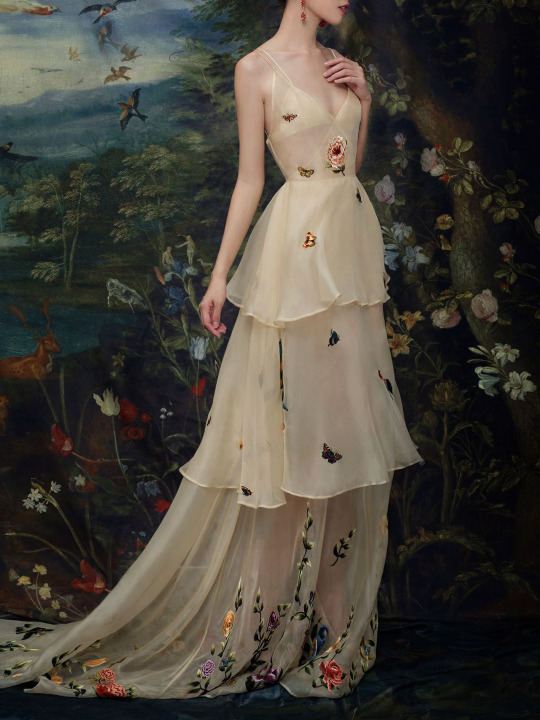
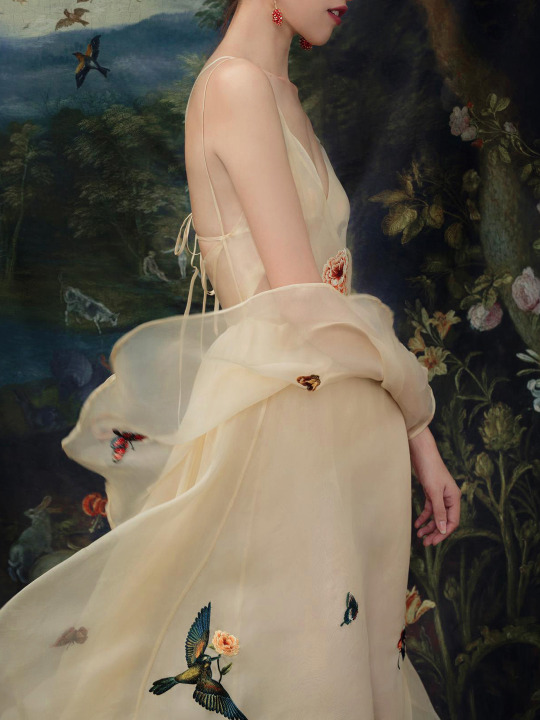


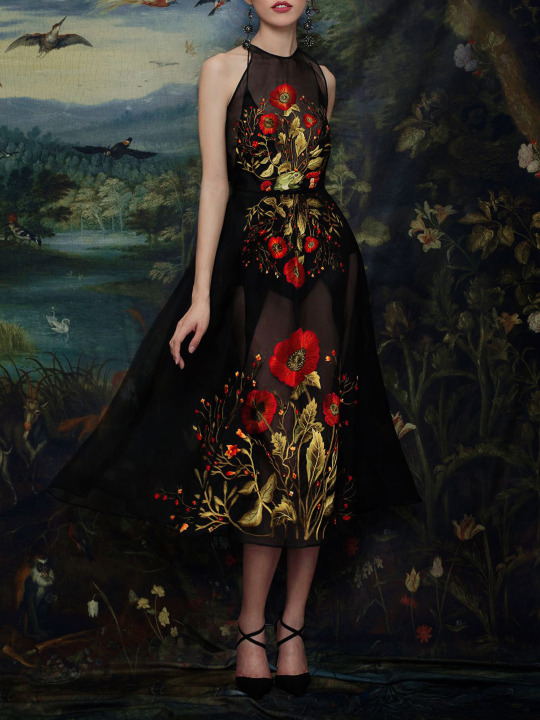
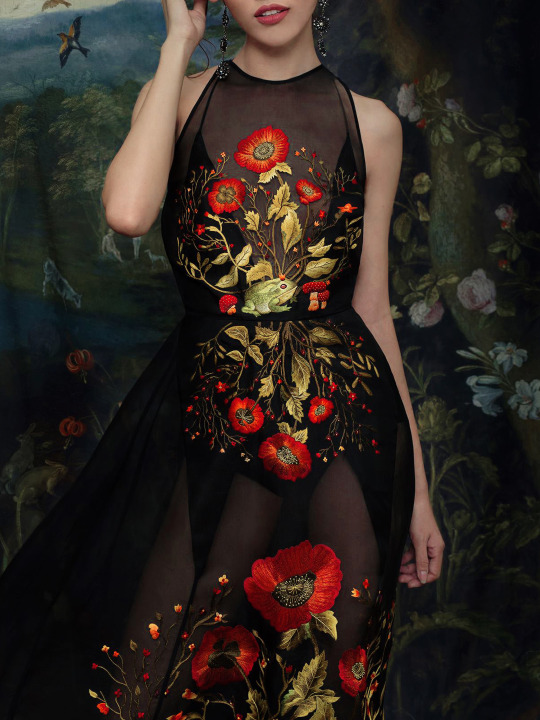

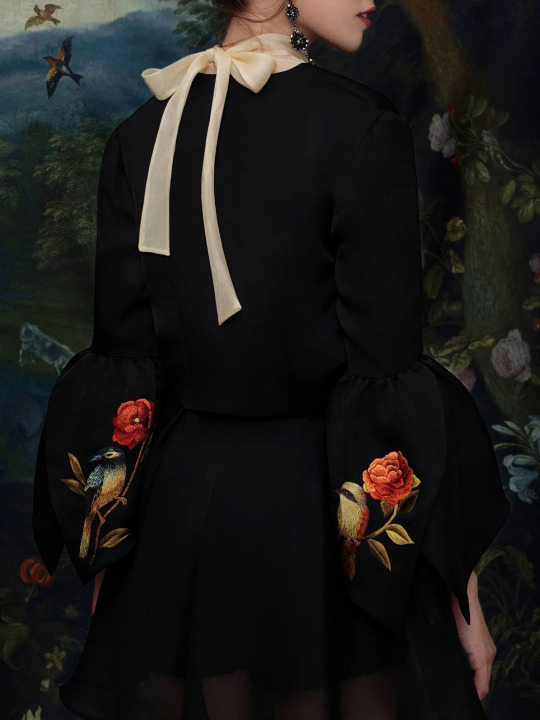

Tran Hung fall 2016 lookbook
12K notes
·
View notes
Text
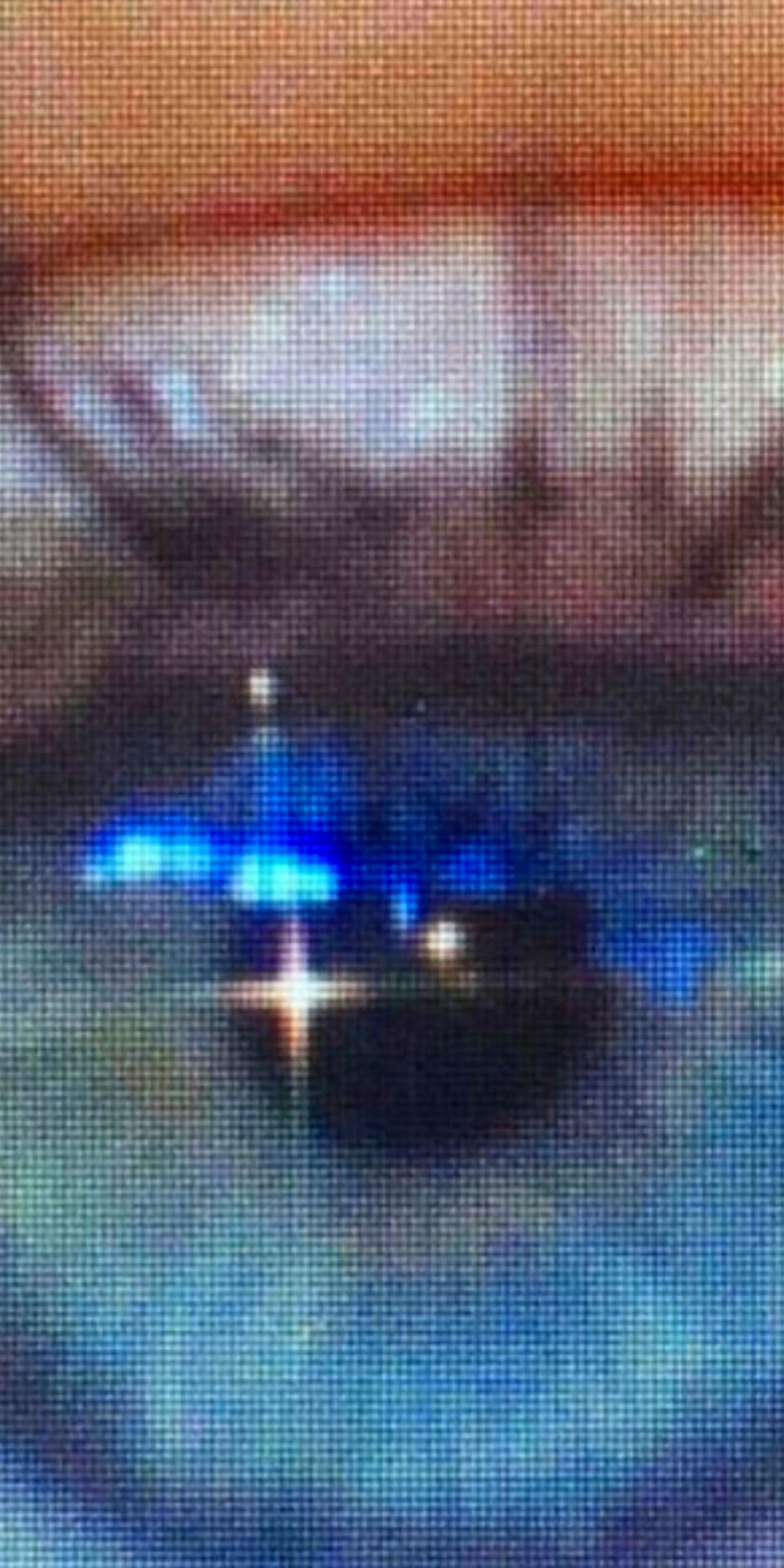

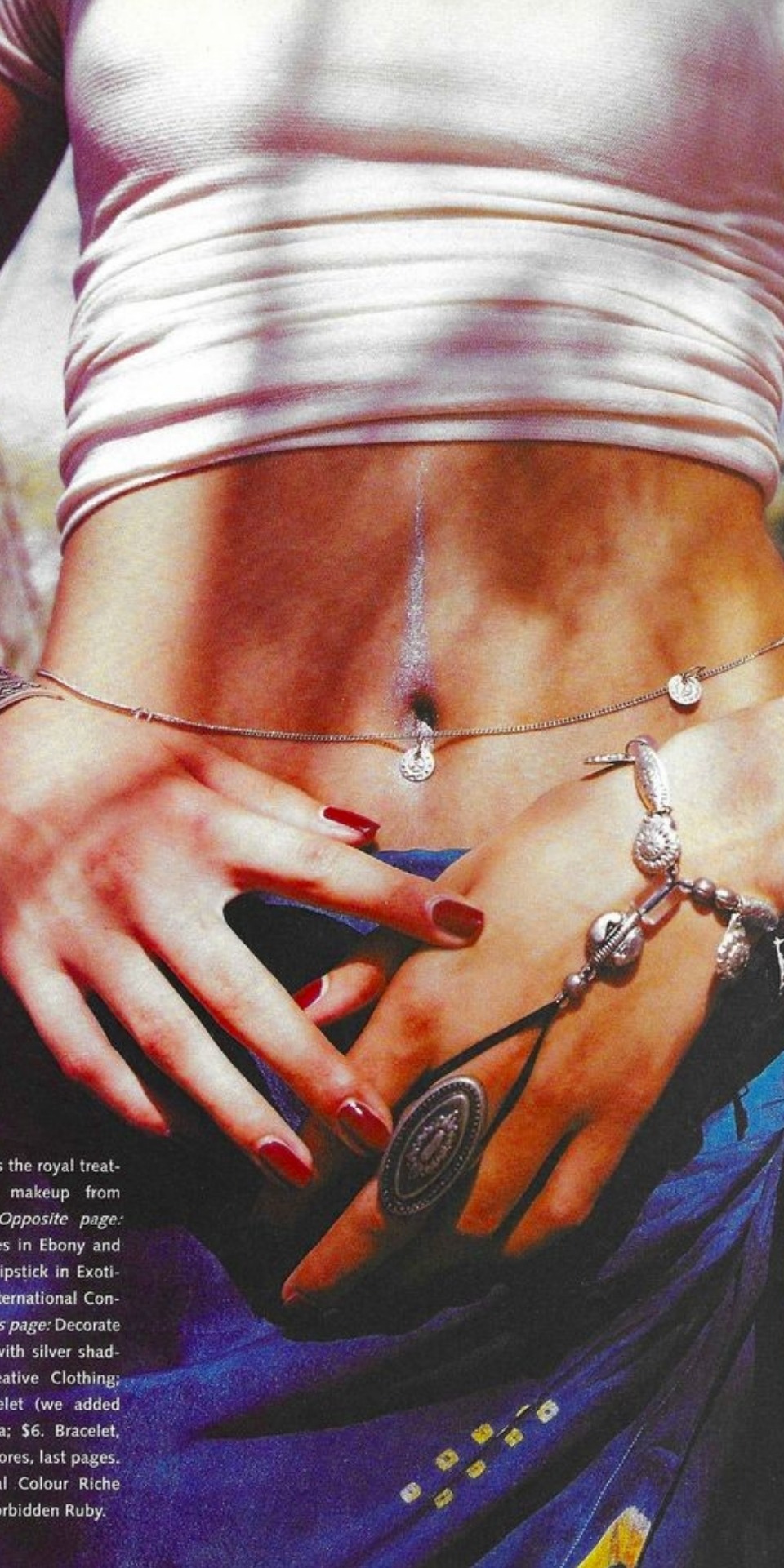
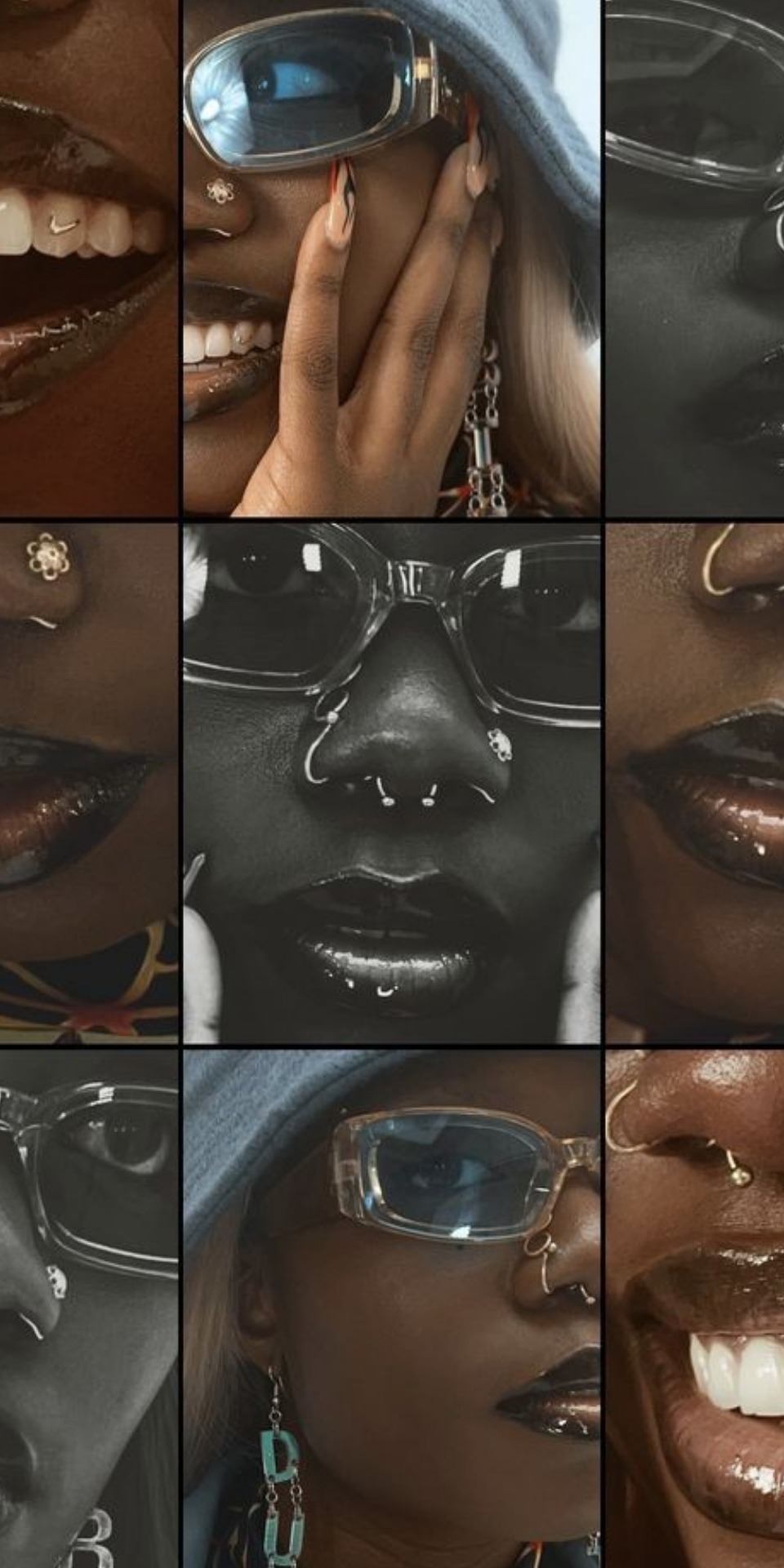
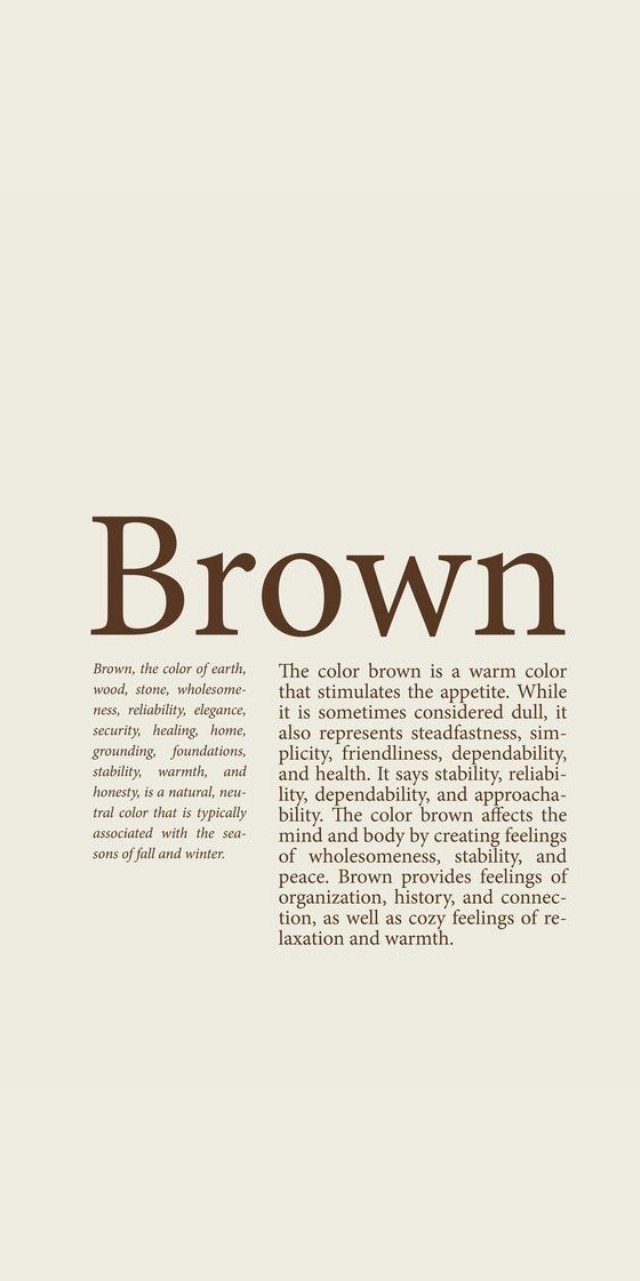
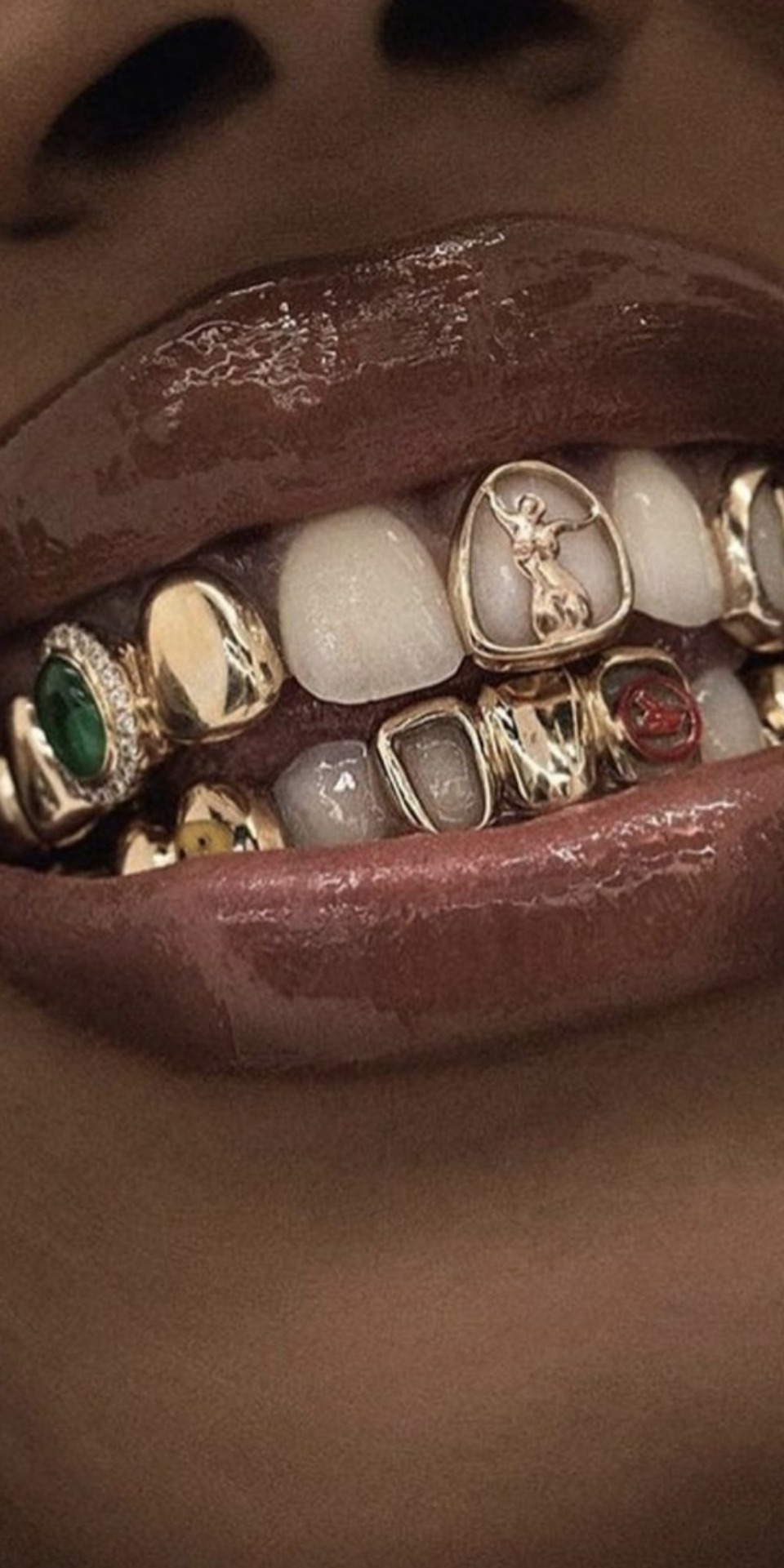
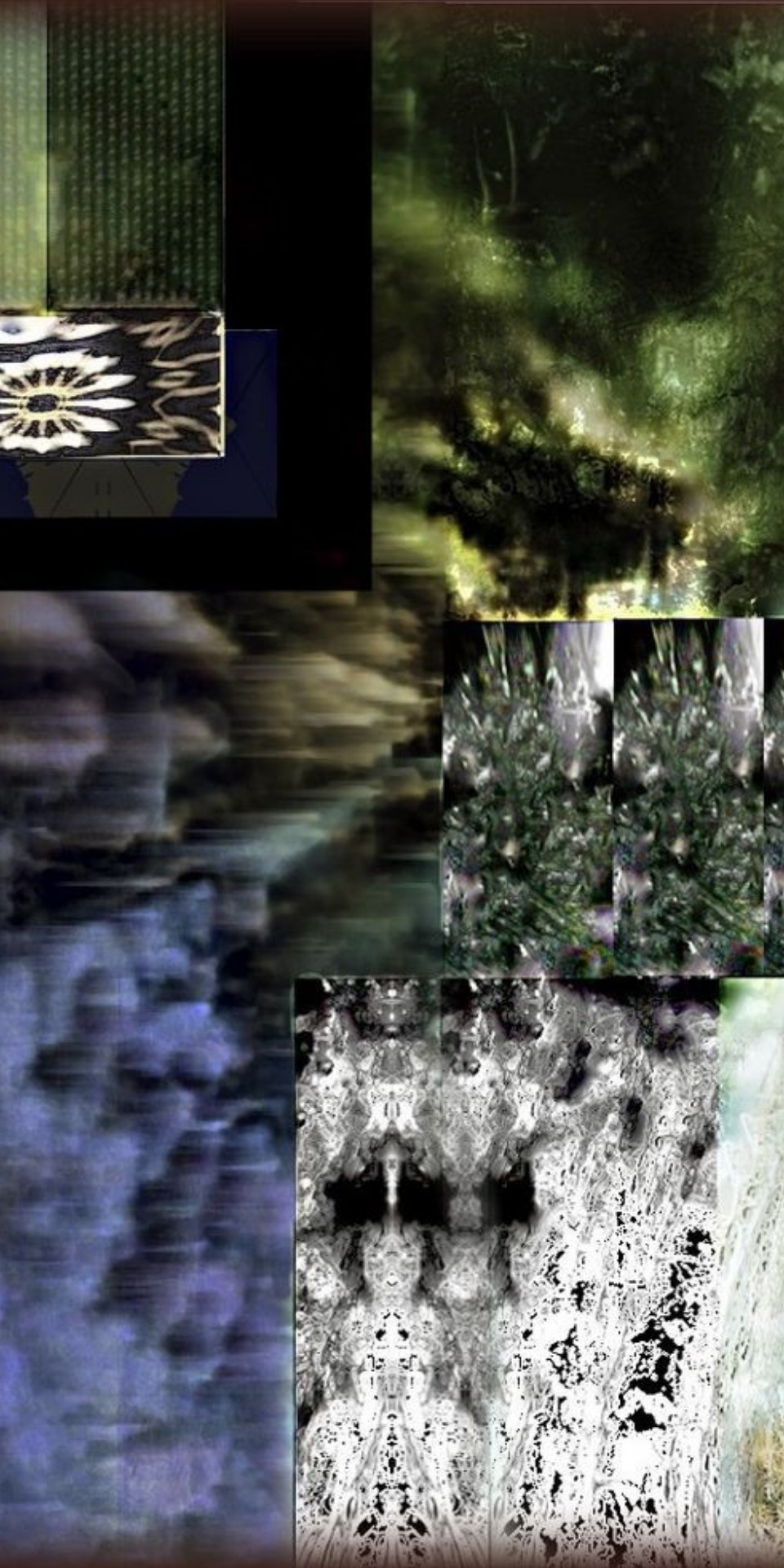
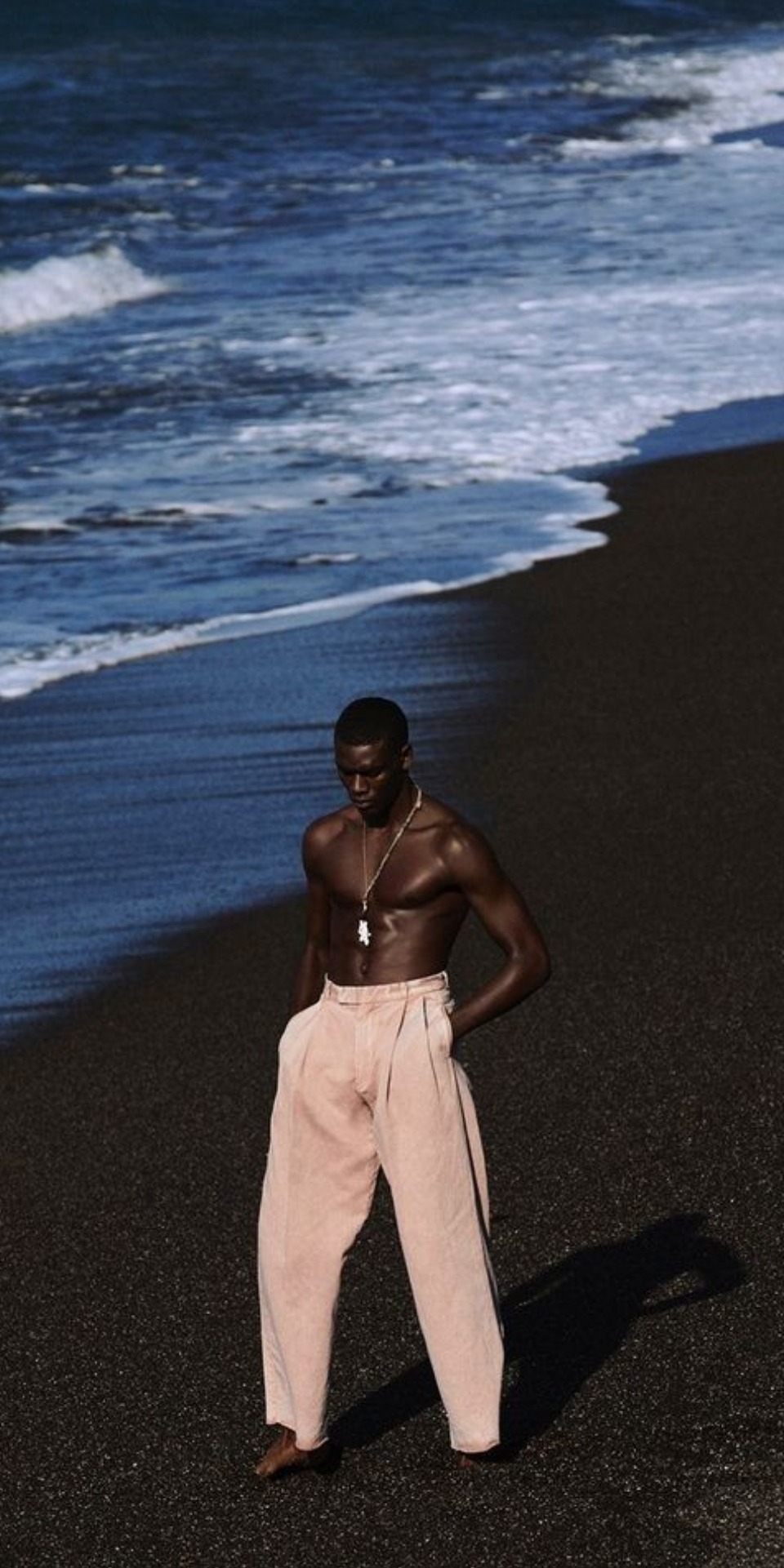
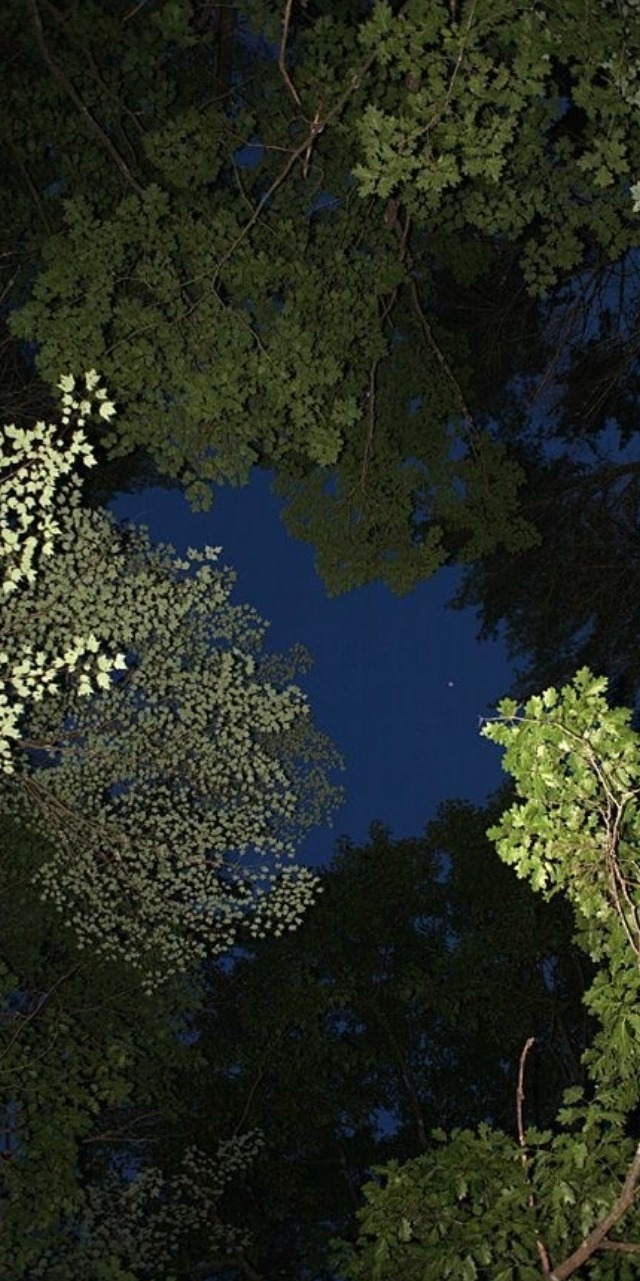
1K notes
·
View notes
Photo



Lifelike sculptures by Yosuke Amemiya
- With “Apple”, Yosuke Amemiya tests the boundaries of reality and fiction. Hyperrealist sculptures, left in everyday surroundings, like a grocery store or a university, subtly alter the viewer’s experience of place and time. Much more than a practical joke, Apple creates an imaginary space where you least expect it.
His Facebook (Japanese ^^)
129 notes
·
View notes
Text









456 notes
·
View notes
Text

Downlow #9 (1995) cover
0 notes